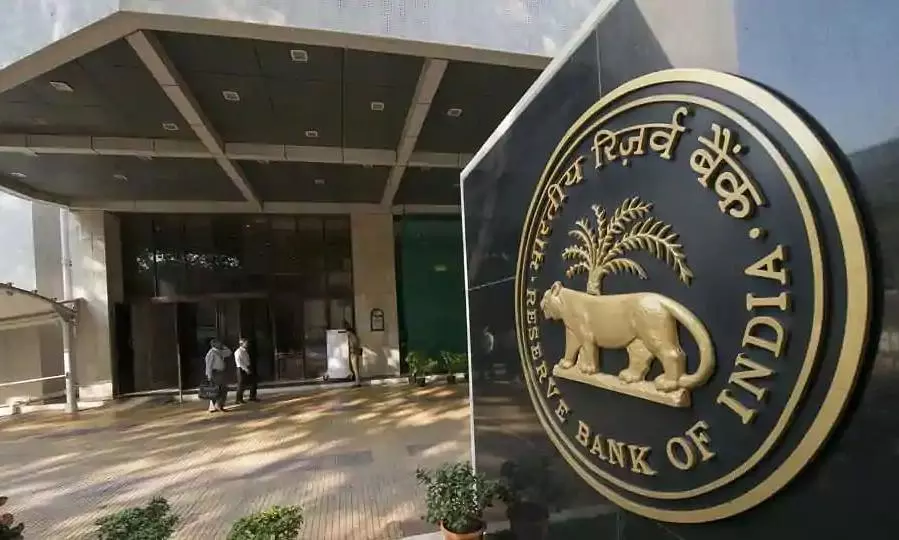
RBI stops payment service provider 'Mastercard' from issuing new cards
text_fieldsNew Delhi: The Reserve Bank of India has imposed an indefinite ban on payment service major 'Mastercard', restricting it from issuing new debit or credit cards to domestic customers.
The RBI informed that the ban was imposed after the company was found to have failed to comply with its data storage rules despite being granted enough time and adequate opportunities after noticing the violation.
In a statement on Wednesday, the central bank said that it has imposed restrictions on Mastercard Asia/Pacific Pte Ltd (Mastercard) from onboarding new domestic customers (debit, credit or prepaid) onto its card network from July 22, 2021.
However, RBI added that the order will not impact the existing customers of Mastercard.
Mastercard will have to advise all card-issuing banks and non-banks to conform to these directions. The supervisory action has been taken in the exercise of powers vested in the RBI under Section 17 of the Payment and Settlement Systems Act, 2007 (PSS Act).
Mastercard is a payment system operator authorised to operate a card network in the country under the PSS Act.
As per the RBI circular on storage of payment system data dated April 6, 2018, all system providers were directed to ensure that within a period of six months, the entire data relating to payment systems operated by them is stored in a system only in India.
They were also required to report compliance with the RBI and submit a board-approved system audit report conducted by a CERT-In empanelled auditor within the timelines specified therein.
Last year, Mastercard accounted for 33% of all card payments in India, according to London-based payments start-up PPRO quoted by AFP news agency.
In 2019, the firm announced an investment of a billion dollars over the next five years as part of its expansion plans in India.
Earlier this year, American Express and Diners Club were blocked from issuing new cards due to similar violations.
US-based payment service providers have lobbied aggressively against the 2018 directive, saying such a move would increase their costs of doing business in India.
But India's central bank has not relented.























